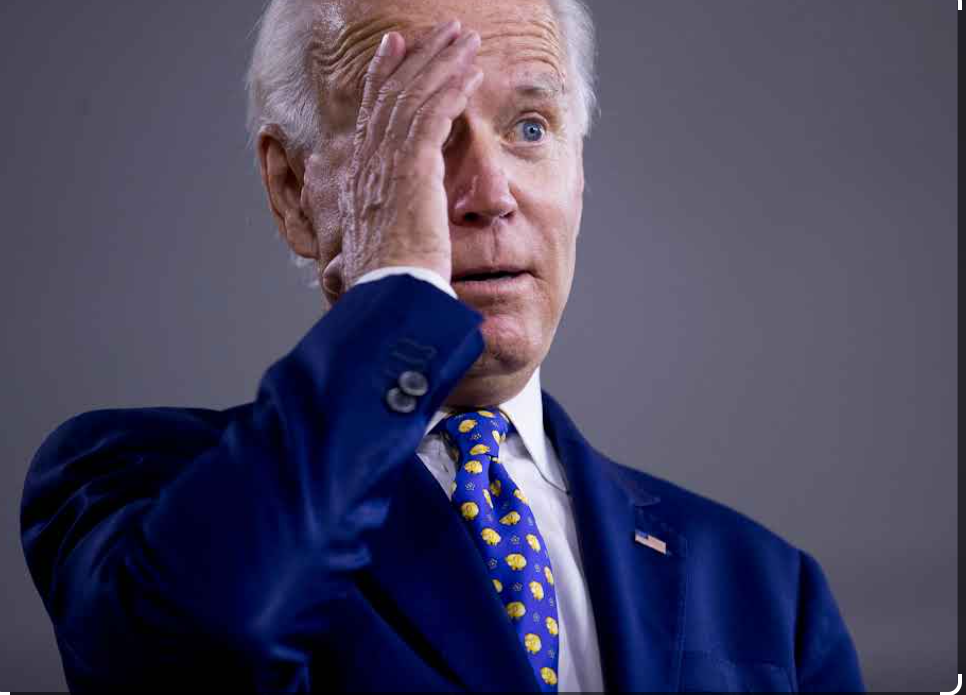Most world leaders are past retirement age. Is this a reason for the public to worry? The long contested topic about the age of world leaders and politicians has been of much concern to many, while others believe there is no reason to worry. With leaders like Joe Biden, 81, holding one of the most demanding jobs in the world as President of the United States, many questions remain regarding his cognitive and physical health. Everybody has seen it; the various video compilations on TikTok of Joe Biden falling as he walks up the stairs, falling from his bike, or slipping up in speeches on a regular basis. Some think it is simply banter and mockery of the President, while others express genuine concern over the topic. With Biden running for a second term this November, many voters will be left with little to no choice as his expected adversary will be a 77-year-old Donald Trump.
This problem is not just in the US. The recent cancer diagnosis of King Charles III, 75 years old, of the United Kingdom on February 5, has occurred not even a year since he was crowned. This has only furthered the discussion of age and holding an important position in public office. The question persists, does old age negatively impact leadership effectiveness?
On the other hand, it is leaders like President of Ukraine Volodymyr Zelenskyy, 46 years old, and former Prime Minister New Zealand Jacinda Ardern, 43 years old, who bring a lot more youthfulness to the forefront of global politics. One of the main arguments in favor of younger leaders is their potential for fresh, contemporary perspectives. Younger leaders often bring new ideas to the table, unencumbered by the weight of tradition or long-held beliefs which many old politicians seem to have. This can lead to bold or creative solutions to problems, as seen in Jacinda Ardern’s handling of the Christchurch mosque shootings and Macron’s approach to economic reform in France. Ardern was able to reach out and embrace the Muslim community through visiting several mosques and attending a conference held by the Islamic Women’s Council of New Zealand. This approach by Ardern successfully helped the country navigate the worst massacre in its history. In addition, Ardern has also taken a proactive approach to mitigate environmental issues by completely cutting single use single plastic bags in New Zealand, and actively questioning the role of petrochemical giants like ExxonMobil.
The argument is that younger leaders are more cognitively able, more energetic, and overall more independent. A leader who can put together sentences in a coherent manner and defend policies on their nation’s behalf is more than favorable. One can argue that older leaders like Biden are too dependent on their staff not giving many speeches or press conferences, leading to a possible disconnect between the leader and the public.
However, youthfulness does not always guarantee effective leadership. Some critics argue that younger leaders may lack the experience necessary to navigate the challenges of global politics. Experience can give leaders an edge due to recognizing historical patterns, diplomatic protocols, and international relations in a better way.
Older leaders are often praised for their experience and stability. Leaders like former German Chancellor Angela Merkel and Joe Biden of the United States are seen at times as steady hands and able to weather crises in a calm manner which is extremely important for a leader. Their years of experience in politics can provide a sense of reassurance to the citizens.
Yet, age alone does not determine leadership effectiveness. While experience can be valuable, it is not a guarantee of good leadership. In the same way, youthfulness can bring energy and innovation, but it does not always translate to effective governance.
However, history has proved time and time again that it is not age that matters in politics but rather competency. There have been world leaders who are old and performed well and vice versa. The same applies to young leaders. There is no direct or concrete correlation between age and effectiveness of leadership. Albeit, as the globe continues to see leadership pass over the years, age can and will remain a relevant factor in people’s choices about who decides their future.








